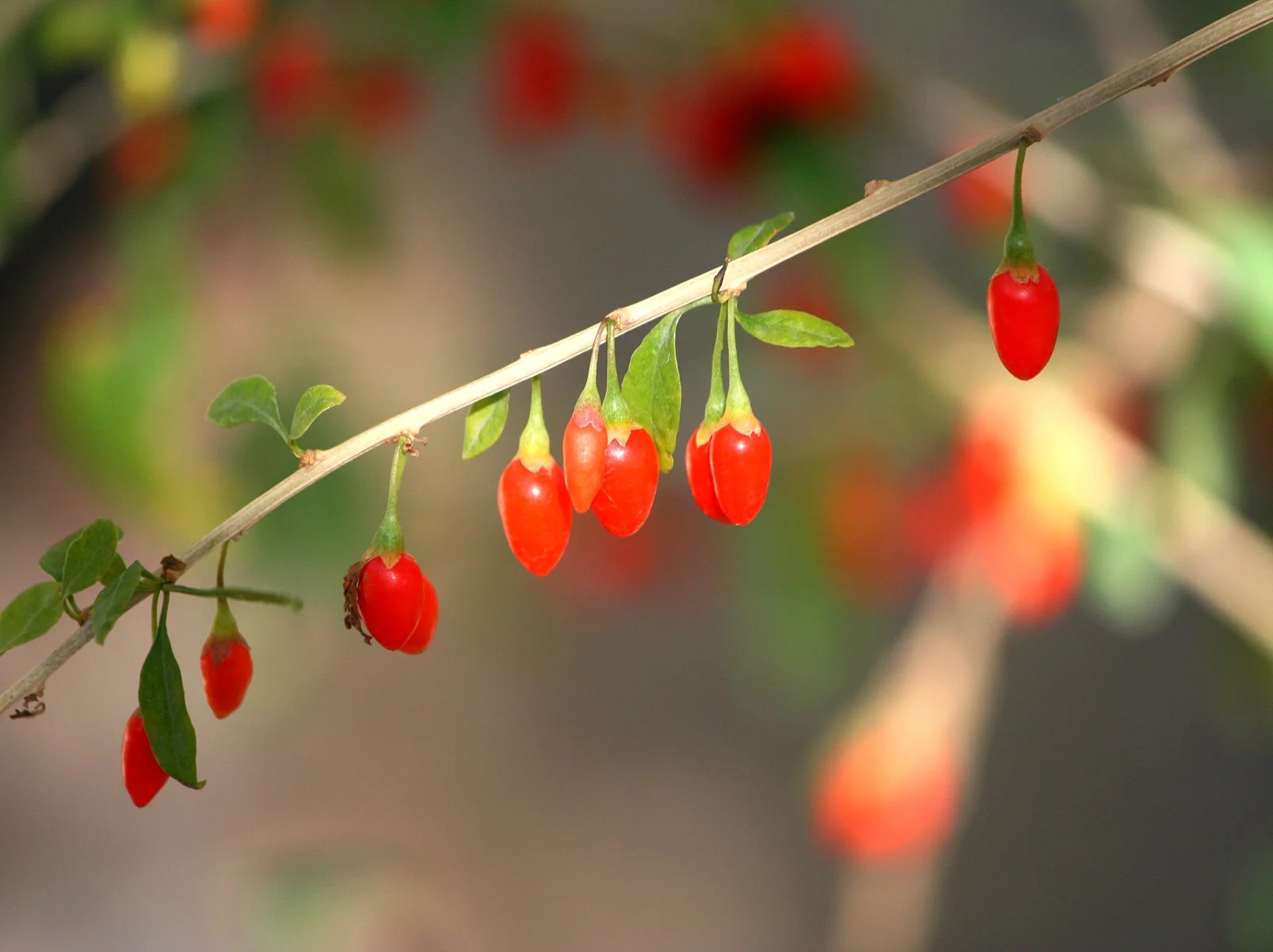Goji Puree
Puredia Goji Berry is one of the most nutritionally-rich foods in the entire world. Praised in Asia for thousands of years, Goji berries are now being celebrated in the West for their superfood potential for longevity, vitality, and energy. Goji berries are rich in vitamins A & C and potassium and may contribute to immune, vision, and bone health*.
Our organic goji berries are grown and harvested on our farm in the Qinghai Basin on the Tibetan Plateau. While wild goji is rare, we discovered this basin as the perfect place to plant Goji: pure with plenty of sunshine, clean air, water from Himalayan glaciers, and mineral-rich soil. The high-altitude environment fosters a slower-growing berry, although it is worth it the wait because they are sweeter, cleaner, and 2-3 times more nutritious than any other goji berry around.
Highly concentrated: In one ounce of juice, you’re getting the nutrients found in several ounces or more of the dried berries. It becomes much easier to get the more significant amounts of goji’s active ingredients needed for therapeutic purposes.
Easily assimilated: Your body quickly and easily absorbs the goji juice because the active ingredients go right to work without needing hours of digestion.
Pure: USDA, EU, JAS organic certified, non-GMO project verified and suitable for halal and kosher diets.
Health Benefit*
Helps strengthen the immune system
Helps increase longevity and protects from premature aging
Helps protect the liver
Helps promote cardiovascular health
Helps support eye health and improves vision
Helps maintain healthy blood pressure and blood sugar
Helps Enhance fertility and treats sexual dysfunction
Specification
Brix ≥ 13% / 36%
Reference
Potterat, O., Goji (Lycium barbarum and L. chinense): Phytochemistry, pharmacology and safety in the perspective of traditional uses and recent popularity. Planta Med, 2010. 76(1): p. 7-19.
Wang, N.T., et al., Effects of the antioxidants lycium barbarum and ascorbic acid on reperfusion liver injury in rats. Transplant Proc, 2009. 41(10): p. 4110-3.
Mi, X.S., et al., Protection of retinal ganglion cells and retinal vasculature by Lycium barbarum polysaccharides in a mouse model of acute ocular hypertension. PLoS One, 2012. 7(10): p. e45469.
Luo, Q., et al., Hypoglycemic and hypolipidemic effects and antioxidant activity of fruit extracts from Lycium barbarum. Life Sci, 2004. 76(2): p. 137-49.
Lau, B.W., et al., Polysaccharides from wolfberry prevents corticosterone-induced inhibition of sexual behavior and increases neurogenesis. PLoS One, 2012. 7(4): p. e33374.
Vidal, K., et al., Immunomodulatory effects of dietary supplementation with a milk-based wolfberry formulation in healthy elderly: a randomized, double-blind, placebo-controlled trial. Rejuvenation Res, 2012. 15(1): p. 89-97.
Li, X.M., Y.L. Ma, and X.J. Liu, Effect of the Lycium barbarum polysaccharides on age-related oxidative stress in aged mice. J Ethnopharmacol, 2007. 111(3): p. 504-11.



